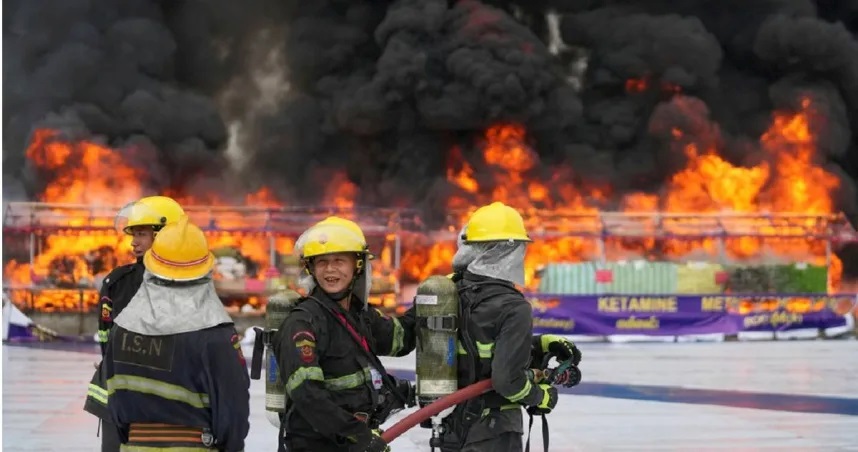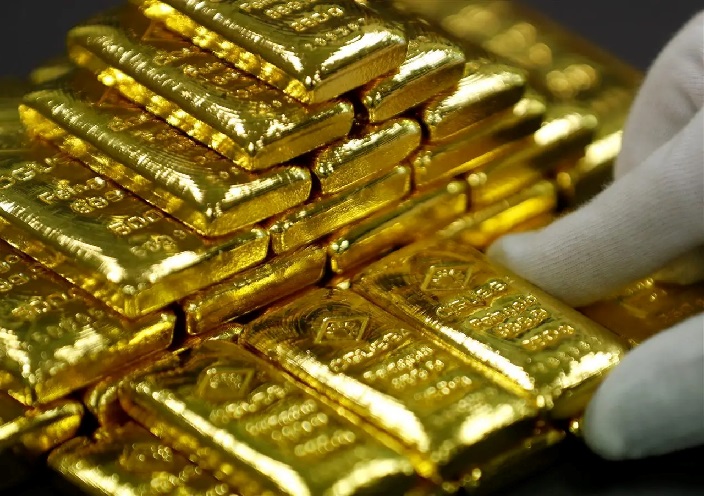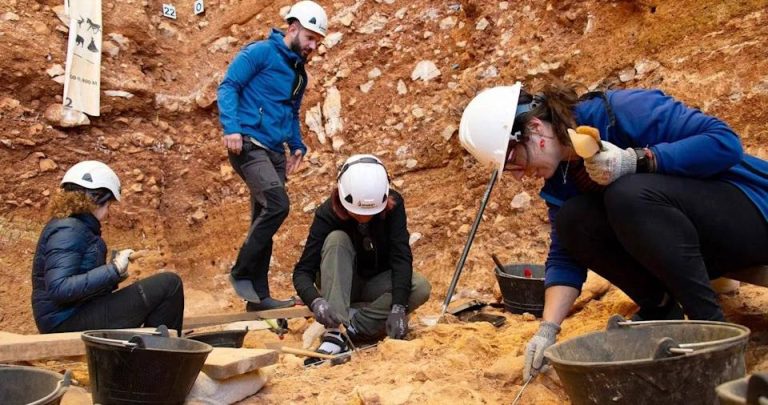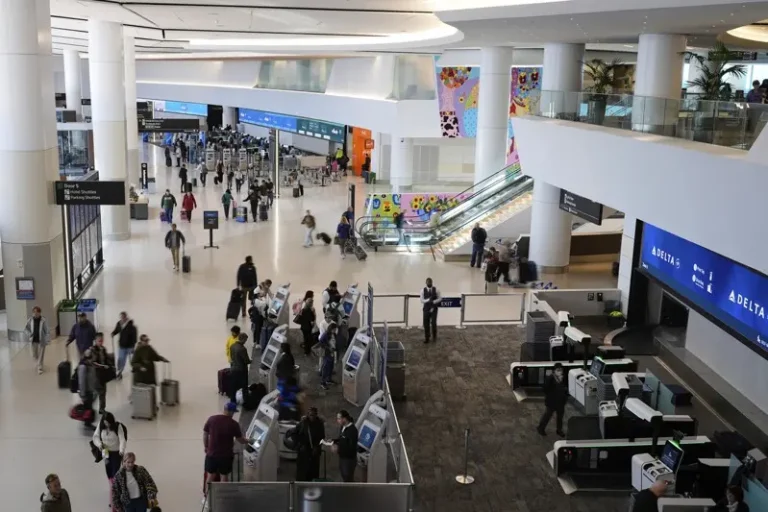
June 26th of each year is the International Day Against Drug Abuse and Illicit Trafficking. As the core of the drug trade in the Golden Triangle, Myanmar held a large-scale drug destruction ceremony today (26th) in several major cities including Yangon, Mandalay and Taunggyi, the capital of the eastern Shan State, burning illegal drugs worth nearly US$300 million. Especially in Yangon, the largest city in Myanmar, the value of the drugs burned there today exceeded US$117 million. However, a police officer of the Myanmar Anti-Drug Group pointed out that the wars and chaos in various parts of Myanmar have made their anti-drug operations more and more difficult.
According to foreign media reports, since the Myanmar military government seized power in a coup in 2021, Myanmar has been caught in a long conflict between various armed forces. In the absence of effective government supervision, drug production and manufacturing are rampant in Myanmar, and various armed forces in Myanmar have also been accused of using the drug black market business to enrich military expenses. Therefore, although the Myanmar authorities have tried many times to crack down on drug crimes, the effect is very limited.
Against this backdrop, the United Nations Office on Drugs and Crime (UNODC) pointed out in a report released in May that the production and trafficking of methamphetamine (commonly known as ice) in Shan State in eastern Myanmar and the “Golden Triangle” region (referring to the border between Myanmar, Laos and Thailand) has reached an unprecedented scale. Today, drugs produced in the Golden Triangle region not only flow to East Asia and Southeast Asia, but are also increasingly infiltrating South Asia, especially northeastern India.
A police officer in the anti-drug team working in Naypyidaw, the capital of Myanmar, told the Associated Press that the drugs burned today in three places including Yangon, Mandalay and eastern Shan State included more than 1,700 kilograms of heroin, 16,000 kilograms of methamphetamine and 281 million stimulant pills, with a total value of US$297.95 million. In Yangon alone, the value of the drugs burned exceeded US$117 million.
However, there are also reports that compared with the World Anti-Drug Day in 2024, this year’s scale is estimated to be $50 million less, and about $150 million less than in 2023, indicating that the amount of drug seizures in Myanmar has declined in recent years. An anti-drug police officer who requested anonymity pointed out that the war in various parts of Myanmar has made law enforcement operations more difficult, which is one of the main reasons for their recent lack of success in combating drugs.







